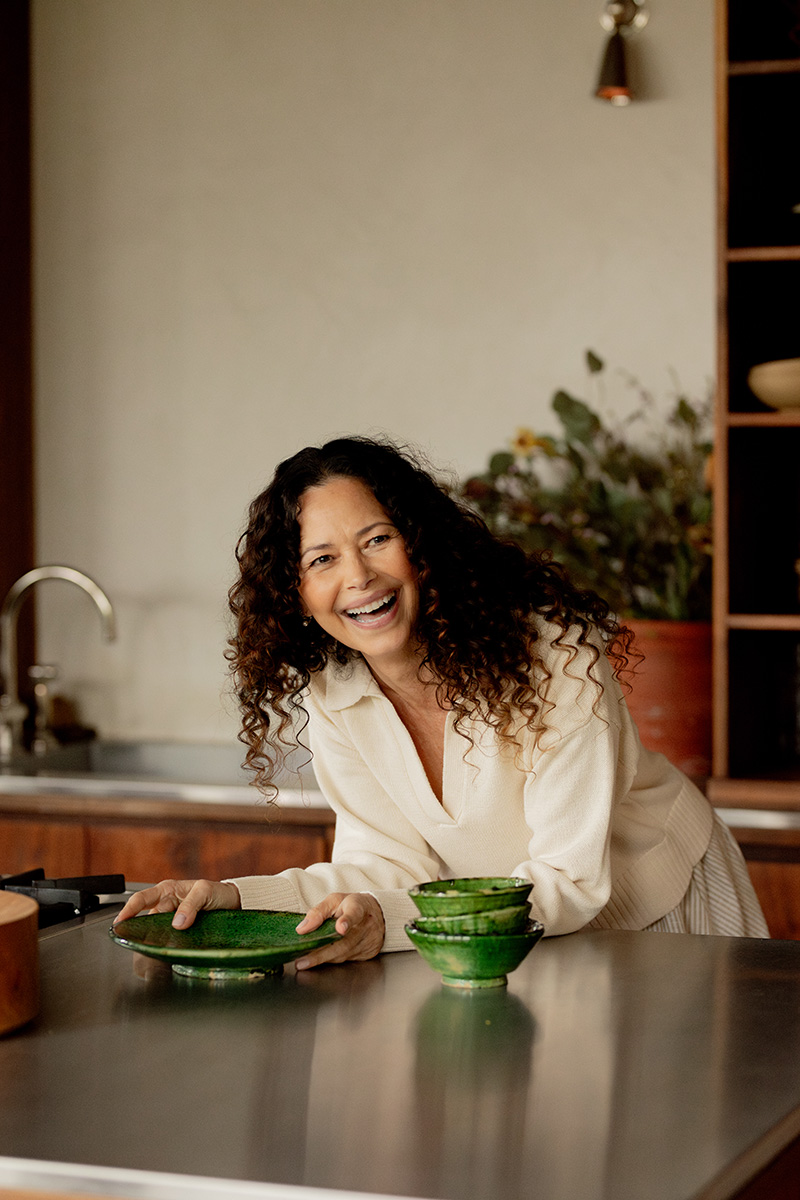
Why Talking About The Worst Thing Ever Can Be Good
One of the greatest sources of true stories in my life has been my grandfather. I grew up hearing him tell tales of his childhood and my late father’s childhood again and again.
Understanding the struggles my grandfather faced has often helped me to put my own in perspective — to think twice before being overwhelmed by stress and to appreciate privileges I might otherwise have taken for granted. Sometimes, when I’m asked “What’s new?” and nothing comes to mind, I remember my grandfather, a man who endured the turmoil of losing a child to cancer, telling me that life being “normal” is a thing to rejoice in. Even growing old, despite the challenges it brings, can be cause for celebration. We don’t all get the chance.
“Life being ‘normal’ is a thing to rejoice in.”
Is my children’s generation getting the same exposure to how real people — and realistic characters — endure the “worsts” that the older generations have had? I wonder this amid talk of shorter attention spans — less time is spent reading about protagonists overcoming challenges in books, more time is spent being the protagonist in video games.
I wonder if less secondhand exposure to others’ struggles might make firsthand exposure more painful. Surely it’s harder to imagine getting through difficult times yourself if you haven’t seen or heard as many stories of others getting through them — and if it’s harder to imagine, it might also be harder to do.
And yet, staging these conversations requires us to begin from a place of understanding rather than comparison. Some years ago, I heard someone who works with children share wisdom that was as obvious as it was profound. He was talking about the importance of remembering that the worst thing that’s ever happened to someone is the worst thing that’s ever happened to them.
“The worst thing that’s ever happened to someone is the worst thing that’s ever happened to them.”
Consider a teenager who’s experiencing their first breakup. Even if, compared to what their parents have lived through, they’re not really suffering, it might still be the worst thing that’s ever happened to them, and that’s no small thing. Their suffering is real.
Context matters, personal experience matters. The worst thing that’s ever happened to me is the worst thing that’s ever happened to me, and the worst thing that’s ever happened to someone else is the worst thing that’s ever happened to them.
I’ve resolved to keep this in mind as my children grow and encounter various “worsts”. When it comes to suffering, particularly when someone’s in the thick of it, understanding their experience in relation to their other experiences seems a much more loving starting point than going straight to comparing what’s happened or is happening to them, with worse things that have happened to others.
Thinking about that phrase reminds me of another: “It hasn’t happened until it’s happened to you”. Rather than state the obvious, this states an obvious fallacy. And yet, when I first heard it, I could immediately relate. How often do we think we’d never do or say X or Y if we were in a particular situation, only to later find that when we are, we do? How often are we skeptical about a phenomenon until we experience it for ourselves?
“How often are we skeptical about a phenomenon until we experience it for ourselves?”
Remembering that just because something hasn’t happened to us, doesn’t mean it hasn’t happened to others — and that the worst thing that has happened to another person is the worst thing that has happened to them — might help us to be more caring and empathetic, regardless of what we have or haven’t experienced ourselves.
Of course, there’s a place for putting one person’s problems in perspective via another person’s — or other people’s — problems, but I imagine it’s far more effective when a person does this for themselves than when others try to do it for them.
This leads me to wonder how I can help my children do this, and whether exposing them to stories about other people’s lives before they face various struggles themselves might help. The more life experiences they’ve been exposed to, and the more people they’ve empathized with, the better placed they’ll be to put their own problems in perspective, to be less floored by each “worst thing”.
Some people don’t want, or are not ready, to talk about their “worst thing,” and we need to respect this. But others want to talk — they find it therapeutic, they share without hesitation. In addition to my grandad’s tales, I’ve been exposed to other stories, perspectives, and possibilities by talking to people I know, and hearing about people I don’t. By reading memoirs and biographies, and by listening to thoughtful, reflective interviews and conversations. Fictional characters have taught me much as well.
Not every story that involves a time of trial ends with someone coming out the other side unscathed, but a great many do. Others come out scarred, but still go on to live amazing lives; some go on to find their lives are richer for the troubles they’ve been through. When we hear these stories, and learn from them, our lives can become richer too.
“When we hear these stories, and learn from them, our lives can become richer too.”
We might even see that while the worst thing that has ever happened to us is the worst thing that has ever happened to us, it’s not the worst thing that could happen; and that just because something hasn’t happened to us, doesn’t mean it won’t, or that it hasn’t happened to others. In understanding this, our expectations of life might become more realistic. We might be less surprised by the worst things, and more grateful for the best.
We might even appreciate the quieter, duller, slower seasons in our lives. If the culmination of other people’s “worsts” can teach us anything, it’s that “boring” times tend not to last.
Emma Wilkins is an Australian journalist who’s particularly interested in friendship, parenting, literature, culture, faith and spirituality.



